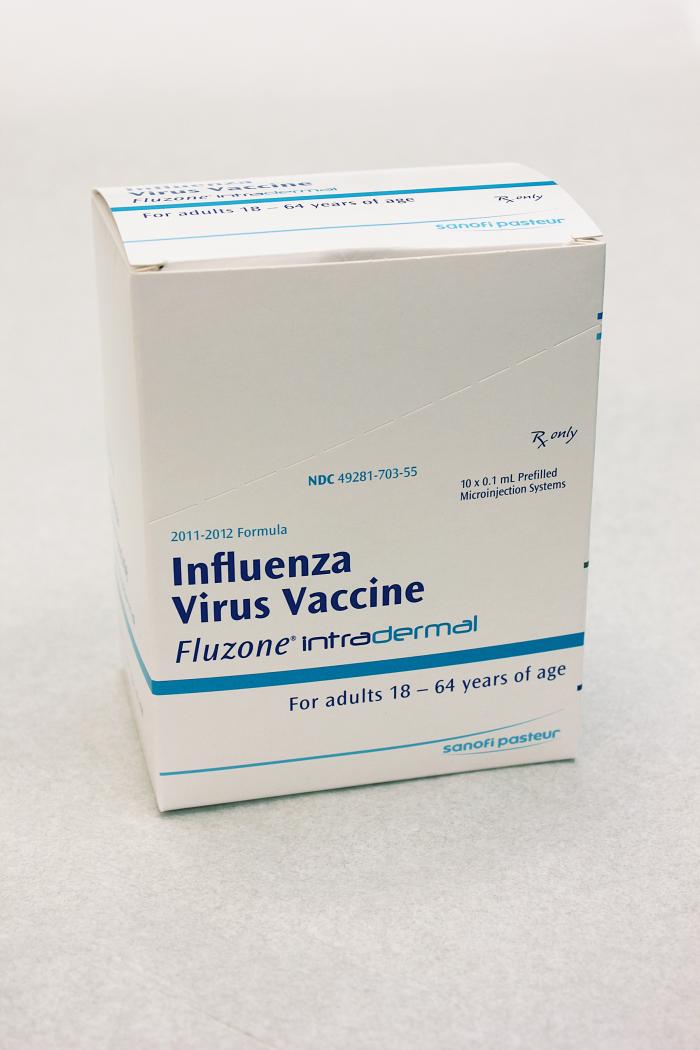Results for: Right to try
I Never Meta Analysis I Really Like
David Gorski recently pointed out that Science Based Medicine is going on five years. Amazing. That there would be so much to write about day after day comes as a surprise to me. Somehow I vaguely thought that ‘controversies’ would be resolved. Pick a SCAM, contrast the SCAM with reality as best we understand it, and, once the SCAM was found wanting,...
Mouse “avatars”: New predictors of response to chemotherapy?
Over the years, I’ve written a lot about “personalized medicine, mainly in the context of how the breakthroughs in genomic medicine and data pouring in from the Cancer Genome Atlas is providing the raw information necessary for developing truly personalized cancer therapy. The problem, of course, is analyzing it and figuring out how to apply it. Another problem, of course, is developing...
Antivaccine versus anti-GMO: Different goals, same methods
Countering ideologically motivated bad science, pseudoscience, misinformation, and lies is one of the main purposes of this blog. Specifically, we try to combat such misinformation in medicine; elsewhere Steve and I, as well as some of our other “partners in crime” combat other forms of pseudoscience. During the nearly five year existence of this blog, we’ve covered a lot of topics in...
Iron supplements for fatigue
How are you feeling today? Tired? Is it your active lifestyle wearing you down? Or is it a sign of something more serious? Complaints about fatigue seem ubiquitous. Perhaps it’s a product of a culture with little downtime. Yet from a medical perspective, fatigue can’t be dismissed with a simple instruction to “get more sleep”. When approached in the pharmacy, I take...
News flash! Doctors aren’t all compliant pharma drones!
There’s an oft-quoted saying that’s become a bit of a cliché among skeptics that goes something like this: There are two kinds of medicine: medicine that’s been proven scientifically to work, and medicine that hasn’t. This is then often followed up with a rhetorical question and its answer: What do call “alternative medicine” that’s been proven to work? Medicine. Of course, being...
The problem of nonmedical exemptions to school vaccine mandates
It’s that time of year again, namely flu vaccine time. My very own cancer institute will be offering the flu vaccine for its staff beginning October 1, and I plan on getting mine just as soon as I get back from the American College of Surgeons Clinical Congress in Chicago early next week. In the meantime, it’s always great to read Mark...

Protect Yourself
Every year influenza makes the rounds, and every year people refuse to get vaccinated for very bad reasons. Don't be a Dumb Ass - get vaccinated.
The problem of waning pertussis immunity
There’s been a lot of discussion, both in the scientific literature and online, about recent pertussis outbreaks, which are the worst outbreaks in the US in the last 50 years. How could this possibly be, it is asked, when vaccine uptake for the pertussis vaccine remains high? True, there are pockets of vaccine resistance, where uptake of the vaccine is low, but...
Acupuncture: NCCAM Calls California’s Bluff
The [California Department of Consumer Affairs’] use of the term “endorsement” is inaccurate, may confuse the public, and may lead the public to falsely conclude that NIH has made certain efficacy and/or safety conclusions regarding acupuncture. Further, consensus conference reports are not a policy statement of NIH or the Federal Government… NIH asks that you correct these two points of information in...
Is shameless self-promotion of your science a good idea?
As part of my ongoing effort to make sure that I never run out of blogging material, I subscribe to a number of quack e-mail newsletters. In fact, sometimes I think I’ve probably overdone it. Every day, I get several notices and pleas from various wretched hives of scum and quackery, such as NaturalNews.com, Mercola.com, and various antivaccine websites. I think of...

